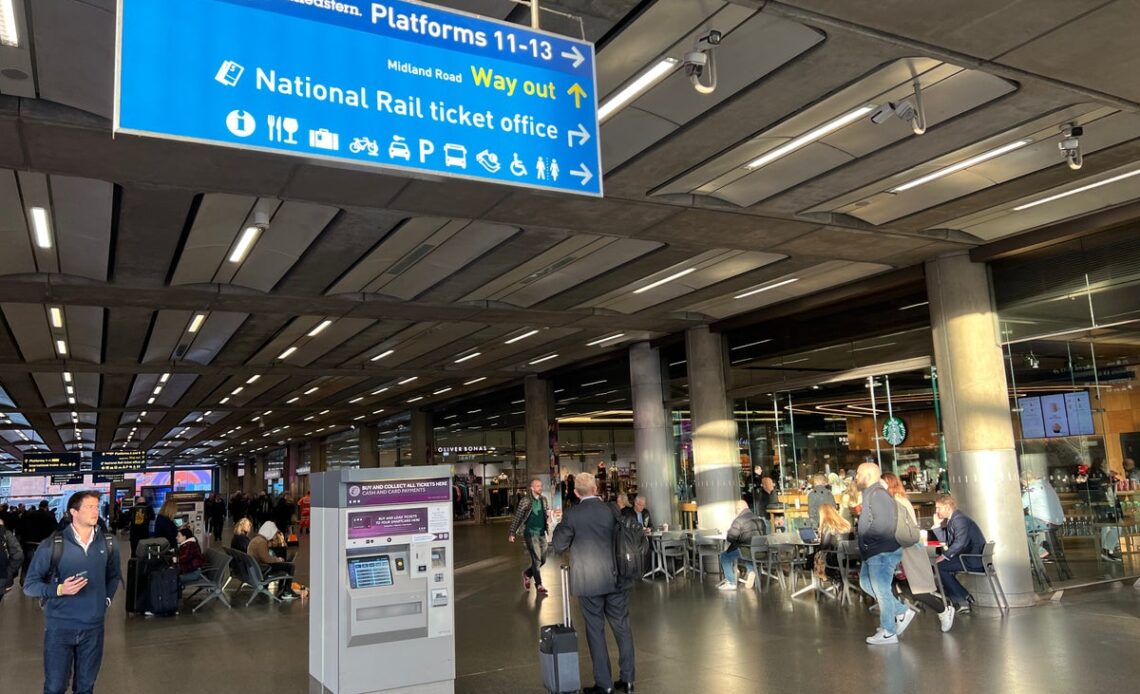Rail passengers in Britain are enduring the longest and most damaging series of strikes since the 1980s.
Industrial action by rail workers has been taking place since June and seems to be intensifying – with October the hardest-hit month so far.
Great Britain-wide rail strikes or more localised stoppages took place almost every day during the first 10 days of October, with millions of potential journeys disrupted; and the industrial action continues for a number of train operators.
The rail unions have indicated that they will continue to strike over the coming weeks and months if they fail to reach an acceptable alternative.
Despite the new transport secretary, Anne-Marie Trevelyan, meeting rail union leaders, there are few signs of progress.
What is the rail dispute about?
There are actually dozens of individual disputes involving members of four unions:
- RMT, the main rail union
- Aslef, representing train drivers
- Transport Salaried Staffs’ Association (TSSA), the union for white-collar staff in the transport industry
- Unite, representing some grades in some train operators
But key elements are common to all the disputes:
- Pay, which the unions say should take into account the current high inflation
- Jobs, and in particular the prospect of compulsory redundancies
- Working conditions – with the unions determined to extract a premium from any productivity improvements
The most prominent figure on the union side is the RMT general secretary, Mick Lynch.
Ahead of the October national strikes he said transport workers were “sending a clear message to the government and employers that working people will not accept continued attacks on pay and working conditions at a time when big business profits are at an all-time high”.
He said: “We want a settlement to these disputes where our members and their families can get a square deal. And we will not rest until we get a satisfactory outcome.”
Mick Whelan, general secretary of the drivers’ union, Aslef, says: “The morally corrupt train companies signed contracts with the government to say they would not offer more than 2 per cent, knowing we have free collective bargaining, and do not work for the government.
“The train companies have been determined to force our hand. They are telling train drivers to take a real terms pay cut.”
What do the employers say?
Andrew Haines, chief executive of Network Rail, said: “We want to give our employees a decent pay rise.
‘It isn’t fair to ask taxpayers or passengers to fund…
Click Here to Read the Full Original Article at The Independent Travel…
